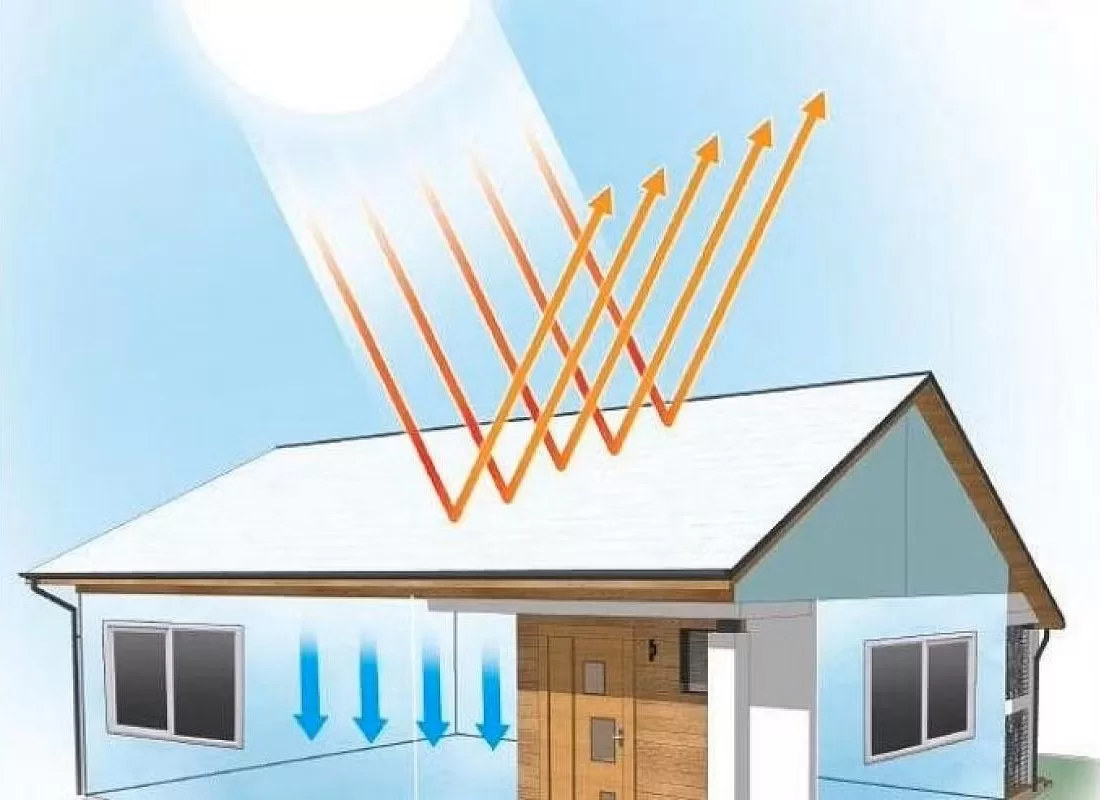The Government of Telangana has put forward the Cool Roof Policy 2023-2028, with a vision to make Telangana a thermally comfortable and a heat resilient state. The Policy comes in the wake of rapid urbanization leading to higher temperatures, poor air quality and the excessive use of air conditioning and coolers. Reports have shown that temperatures in urban areas are 2-4 degree Celsius higher than that of rural areas, compelling the government to implement a few effective measures that would address the heat challenge.
The policy aims to achieve a cumulative cool roof area of 300 sq.kms. in the state by 2030 which, over 5-7 years, would lead to a one-time carbon offset of 30 million tons of CO2. A framework to implement this is underway. Additionally, it also endeavors to create awareness for implementing cool roofing and supporting workforce training for installing cool roofs.
The policy is to be mandatorily implemented for all Government, Government-owned, non-residential, and commercial buildings irrespective of the site area. It is also mandatory for all residential buildings with a plot area of 600 sq.yds. and above. Adopting cool roofing is optional for buildings with existing solar roof top systems and residential buildings with less than 600 sq yards plot area.
The policy categorizes cool roofing materials into three categories such as coated cool roofs, membrane cool roof and tiled cool roof. Amongst the three categories any roofing material is eligible as it meets the requirements of the Telangana Energy Conservation Building Code.
GHMC, HMDA and DTCP are appointed as the nodal agencies for the effective implementation of cool roofing application and TSbPASS will be the overall coordinating agency. The clause requiring cool roofing will be incorporated in the TSbPASS for all mandatory cases and it will have to be certified by empaneled agencies at the time of issuing occupancy certificates. The government intends to introduce this policy in all infrastructure projects and upgrades including roads, pavements, residential spaces and commercial developments. Telangana is the third most urbanised state in India, with almost 48% of its population residing in urban areas. This policy is a welcome move that will lead to a cost-effective and sustainable solution in tackling the dire climate change crisis.
Source: Colliers


